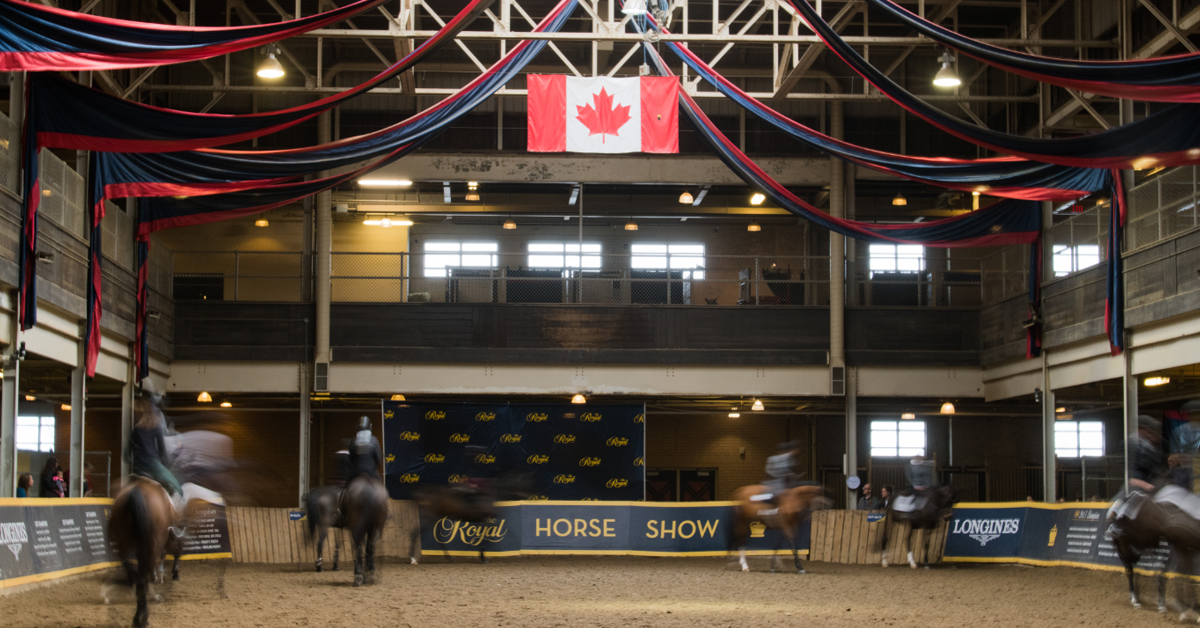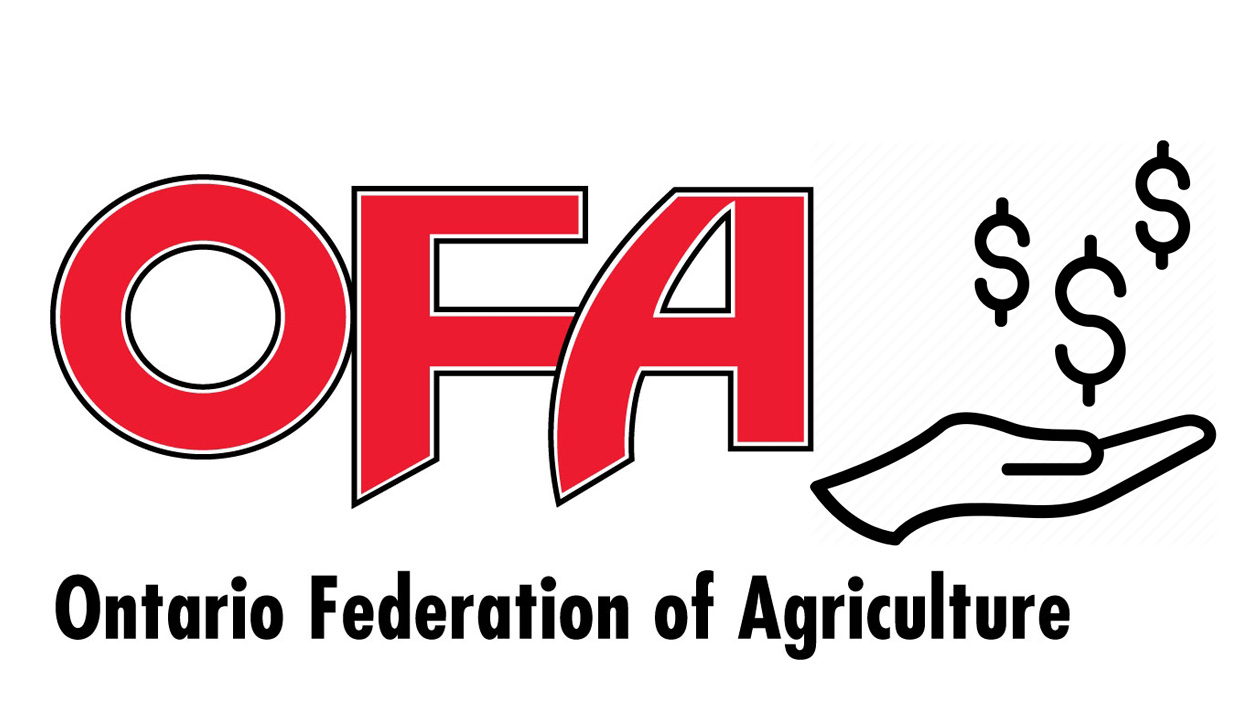Fear over a horse welfare scandal in endurance on the opening day of the World Equestrian Games have come to a head in recent days. A letter setting out the concerns of the American Endurance Ride Conference (AERC) to USEF has been widely shared on social media, while a top French endurance vet has announced he is giving up after 33 years, in protest about the ongoing crisis in the sport. “The unacceptable fact I have had to see since these last years are peanuts comparing with what is coming next,” warns Dr Pierre Romantzoff.
With endurance having its roots in the US, the AERC had hoped Tryon would showcase the classic sport, using a natural, technically demanding trail. However, recent pictures from the venue show a 30ft-50ft wide manicured piste which, while designed to fulfil USDA’s tick-control requirements, will undoubtedly favour the racing style of the Group 7 countries.
AERC members have also taken to social media in recent weeks, aghast that Sheikh Mohammed’s Meydan corporation is title sponsor of the ride. At WEG 2014, Meydan stood itself down as sponsor because UAE controversies were at the centre of a media storm.
In his letter, AERC president Paul Latiolais points out the reputational damage to the national sport if there is a “mishap” in front of thousands of public with cameras.
He continued: “In the past, incidents of equine neglect or abuse as well as poor sportsmanship and cheating have featured in the aftermath of such events. In the WEG pre-ride, competitors complained about the delays caused by re-numbering of competitors at the insistence of certain athletes, and unauthorised vehicles on the field of play. Such incidents may garner little attention at the pre-ride but would surely be noticed by international observers and press, if repeated at the WEG.
“The AERC, as an organization, feels particularly vulnerable to the backlash of any perception of abuse of the horse or rules at this event. We ask your assurance and urge that no effort be spared to ensure a level playing field for all participants and a supreme emphasis on horse welfare.”
Mr Latiolais also says the Meydan sponsorship is “blatantly inappropriate.”
“Meydan is well known to be a business arm of the UAE. Such advertising is suggestive of bias and favouritism in the event. In the current climate of public scrutiny there are more appropriate ways to honour a sponsor.”
Meanwhile, Dr Romantzoff’s decision to give up, announced on Facebook, has dismayed the “Clean” community in Europe, though many commend his integrity for taking this stand in public.
In his own English translation, Dr Romanztoff adds: “I fear of what will happen in the next weeks and years.
“I am at the end of my professional life and I refuse to achieve it dishonestly. I mean turning a blind eye on trickery, doping, corruption and horse-murdering.
“I tried to do my best for a fair-play sport and horse protection in these past two years: no way concerning high level events. It’s really sad, sad, sad for a vet. I am proud of my profession and proud of the way I managed it but today I don’t want to continue in an indefensible moral way.”
Dr Romantzoff was one of five distinguished French vets who published an open letter about the welfare crisis in 2014.
The reference to the pre-ride re-numbering in Mr Latiolais’ letter is understood to refer to the usual demand by UAE riders to wear the same bib number at every event. This is usually achievable as the UAE rarely compete outside the Middle East and Europe or at rides they do not sponsor, so the organiser will comply as a courtesy. Tryon pre-ride organisers were unaware of this convention, which resulted in strident objections on the day from the UAE contingent, and hold-ups to the start whiles numbers and start lists were amended.
The timing system used at the pre-ride and slated for the WEG championship itself is Tawqeet, a relatively new system developed in Dubai.
More from Horse Sport:




